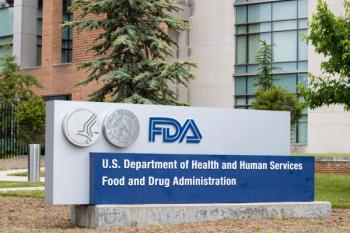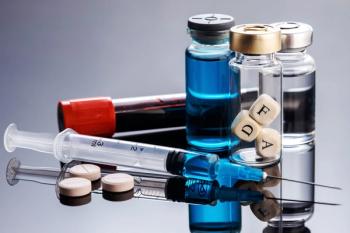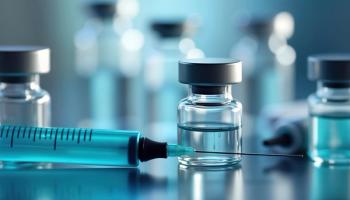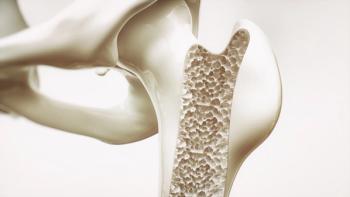
Top 2 Myths About Biosimilars
Biosimilar adoption is not happening as fast as once expected-will fears about future growth hold the market back?
It’s been nearly a decade since Congress signed the Biologics Price Competition and Innovation act (
According to a 2016 IMS Institute report,
“The FDA is a lot more stringent about approvals when compared to the European markets,” she says. “And we also see originator companies strongly defending their patents, which has also slowed things down.”
That, she says, has led some biosimilar manufacturers to consider staying out the U.S. market altogether, fearing that the investment is simply not worth the risk.
“Some companies are thinking they may get a better return on investment with other development programs or by building out their pipelines in other areas,” she says. “Yet, despite these concerns, we see that regulatory agencies are warming up to biosimilars. And, when we look at the biosimilar pipeline, it is still very rich.”
Related:
Jain discusses two biosimilar myths that may be worrying companies involved with biosimilar development-and why they don’t have to be deal breakers for companies that are looking to bring products to market.
1. Lack of early mover advantage
Common wisdom says there’s strength in being early to market. Yet, with the data required by the FDA to get biosimilar products through approvals, and a lack of clear direction on how to get the interchangeable designation from the agency, some companies may fear that there won’t enough value to be derived in the market.
“We see companies doing the math,” she says. “If look at the entire component of the pipeline for a particular biosimilar, it’s may appear pretty lean compared to other products.”
Yet, it’s expected that once one pioneering company forges a path forward gaining that important interchangeability nod, helping to provide guidance to others on how to get it done, that math will likely change. In addition, says Jain, as payer organizations consider replacing biologic products with biosimilars in their formularies, there will be more opportunity for profit.
2. Physician resistance
To successfully replace a biologic product, biosimilars must be equally effective for all indications. But some drugs are also getting approval for certain indications, and not others. Some manufacturers worry that physicians won’t be comfortable prescribing biosimilars to their patients. But Jain says there is now more than enough evidence to support the claims that biosimilars are just as safe and effective.
“The evidence is there-it just has to reach the providers,” she says. “It’s important that pharmaceutical companies start educating physicians about the effectiveness of different biosimilars. Once they do so, the providers, in turn, will help engage patients and increase demand for these products.”
Jain believes in the coming days we will see regulatory agencies, biosimilar manufacturers, payers, providers, and patients coming together on a common platform to exchange ideas-and shape the future of the biosimilar market.
“Biosimilars is an exciting area-with a very positive outlook,” she says. “With more financial muscle and regulatory support, we will see market access expand.”
Kayt Sukel is a science and health writer based outside Houston.
Newsletter
Get the latest industry news, event updates, and more from Managed healthcare Executive.























